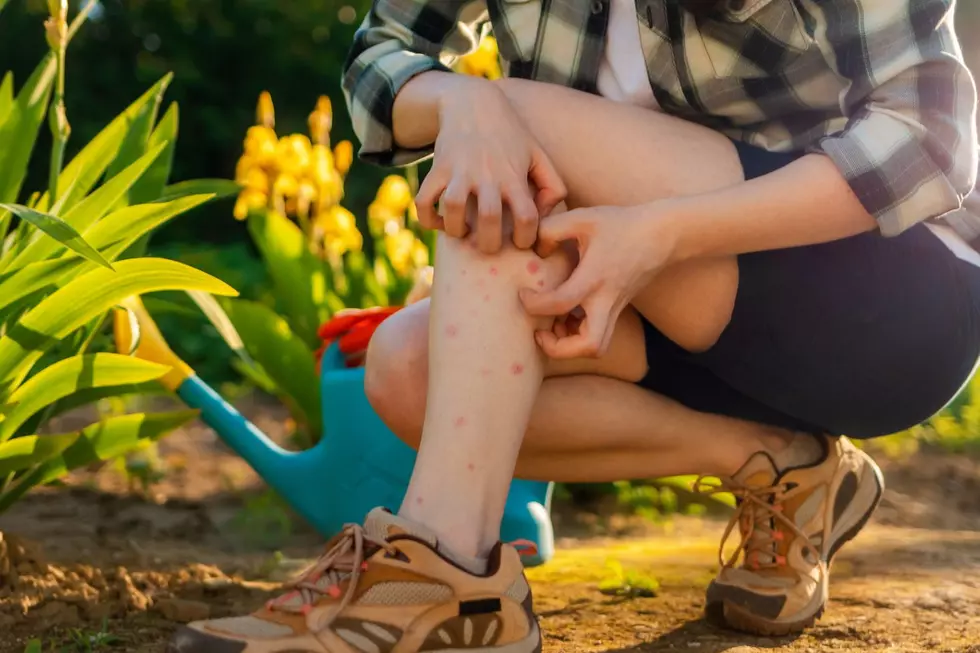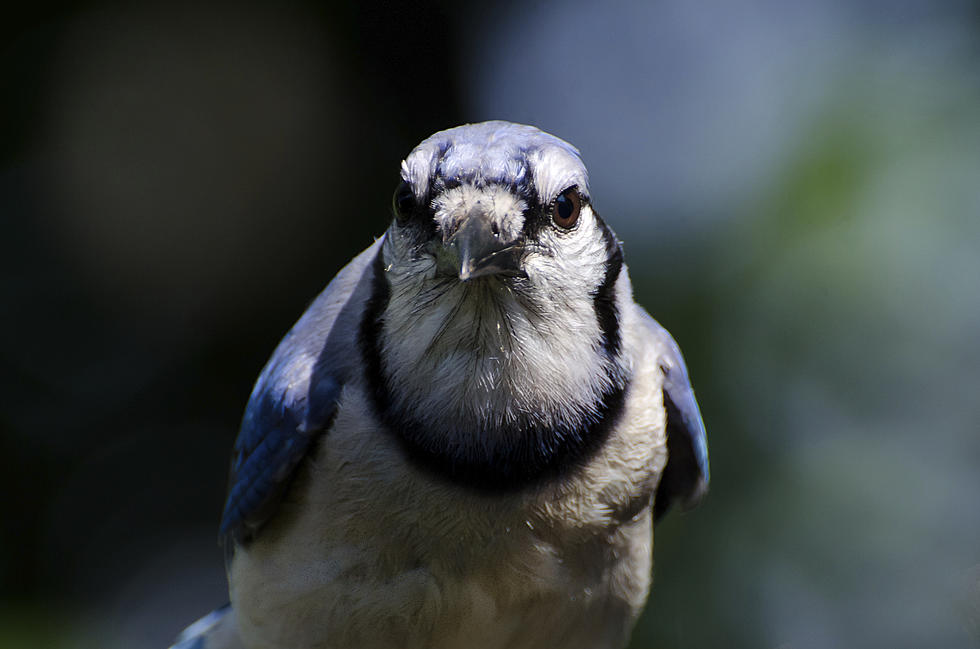![West Nile Virus On The Rise Nationwide [AUDIO]](http://townsquare.media/site/385/files/2012/08/West-Nile.jpg?w=980&q=75)
West Nile Virus On The Rise Nationwide [AUDIO]
This past year's mild winter and wet spring could be contributing to the worst West Nile virus outbreak since the disease was first detected in the United States in 1999.
According to the Centers for Disease Control and Prevention, there have been more cases of the virus so far this year than any year. As of August 14th, almost 700 cases had been reported across the nation, including 26 deaths. This year also marks the earliest reported case of West Nile virus in New Jersey.
"Mosquitoes become infected when they feed on infected birds. Normally, the number of mosquitoes decreases greatly during the cold months, with a small proportion of mosquitoes surviving, or 'overwintering.' This year, with a mild winter, more mosquitoes survived and so we're seeing a bumper crop," explains Dr. George DiFerdinando Jr., Director of the New Jersey Center for Public Health at the University of Medicine and Dentistry of New Jersey.
In New Jersey to date, one human tested positive for West Nile Virus, in Monmouth County. According to the state Department of Health and Senior Services, a 19 year-old Monmouth County woman was the first human case of West Nile this year, confirmed on July 27th.
The woman was discharged from Jersey Shore Medical Center in Neptune after developing flu-like symptoms including a fever, headache and rash. The woman was likely exposed by several mosquito bites at an outdoor gathering in Ocean County.
"This is the earliest a case of West Nile virus has been detected in New Jersey," said Health Commissioner Mary E. O'Dowd. "The mild winter and dry spring have led to an early emergence of mosquitoes. The best way to protect yourself against West Nile Virus is to prevent mosquito bites and empty containers of standing water that can breed mosquitoes.''
West Nile virus is a mosquito transmitted virus passed primarily between birds by mosquitoes. Human and horses can become infected if bitten by an infected mosquito. Mosquito pools have tested positive in 19 counties-except Cumberland and Salem. Seventeen birds have tested positive in Burlington, Mercer, Monmouth, Morris, Ocean, and Warren counties.
In 2011, seven people tested positive for West Nile Virus. In 2010, 30 cases were reported, including two deaths, one in Camden and one in Hudson.
"Nobody can deny its been very warm this summer and we've had a lot of storms, both here in New Jersey and across the nation. People in public health across the country are examining ways to deal with the increase in mosquitoes that carry this and other viruses" said Dr. DiFerdinando.
Right now, he says its too early to tell if this will be the worst year on record for West Nile.
"We will have to carefully watch the next few months, August and September is when we usually see a lot more cases of West Nile and mosquito activity - so these early cases in June and July are noticeable and worrisome."
Symptoms
People typically develop West Nile symptoms between three and 14 days after being bitten by an infected mosquito. While about 80 percent of those infected will not exhibit symptoms, 20 percent have symptoms such as fever, headache and body aches, nausea, vomiting, and sometimes swollen lymph glands or a skin rash on the chest, stomach and back.
Symptoms can last for as little as a few days, or as long as several weeks, even in people who are otherwise healthy. About one in 150 people infected with West Nile virus will develop severe, potentially fatal, illness. Symptoms can include high fever, headache, neck stiffness, stupor, disorientation, coma, tremors, convulsions, muscle weakness, vision loss, numbness and paralysis. In these cases, neurological effects may be permanent.
Precautions
Dr. DiFerdinando says you minimize your risk in two ways: Reduce the number of mosquitoes on your property and decrease your direct exposure to mosquitoes:
- Stay inside at dawn and dusk, the times when mosquitoes are most active.
- Wear long sleeves and pants or Permethrin-treated clothing.
- Use EPA-approved insect repellent like DEET, Picaridin, oil of lemon eucalyptus (or its synthetic version, PMD). Spray the repellent on your clothes before you put them on - not directly on your skin- and allow the clothes to dry before putting them on. Shower when you come inside.
- Get rid of mosquito breeding sites by emptying standing water from flowerpots, buckets and barrels. Change the water in pet dishes and replace the water in birdbaths weekly. Drill holes in tire swings so water drains out. Keep children's wading pools empty and on their sides when they are not being used.
- Make sure you have good screens on your windows and doors to keep mosquitoes out.
More From New Jersey 101.5 FM









